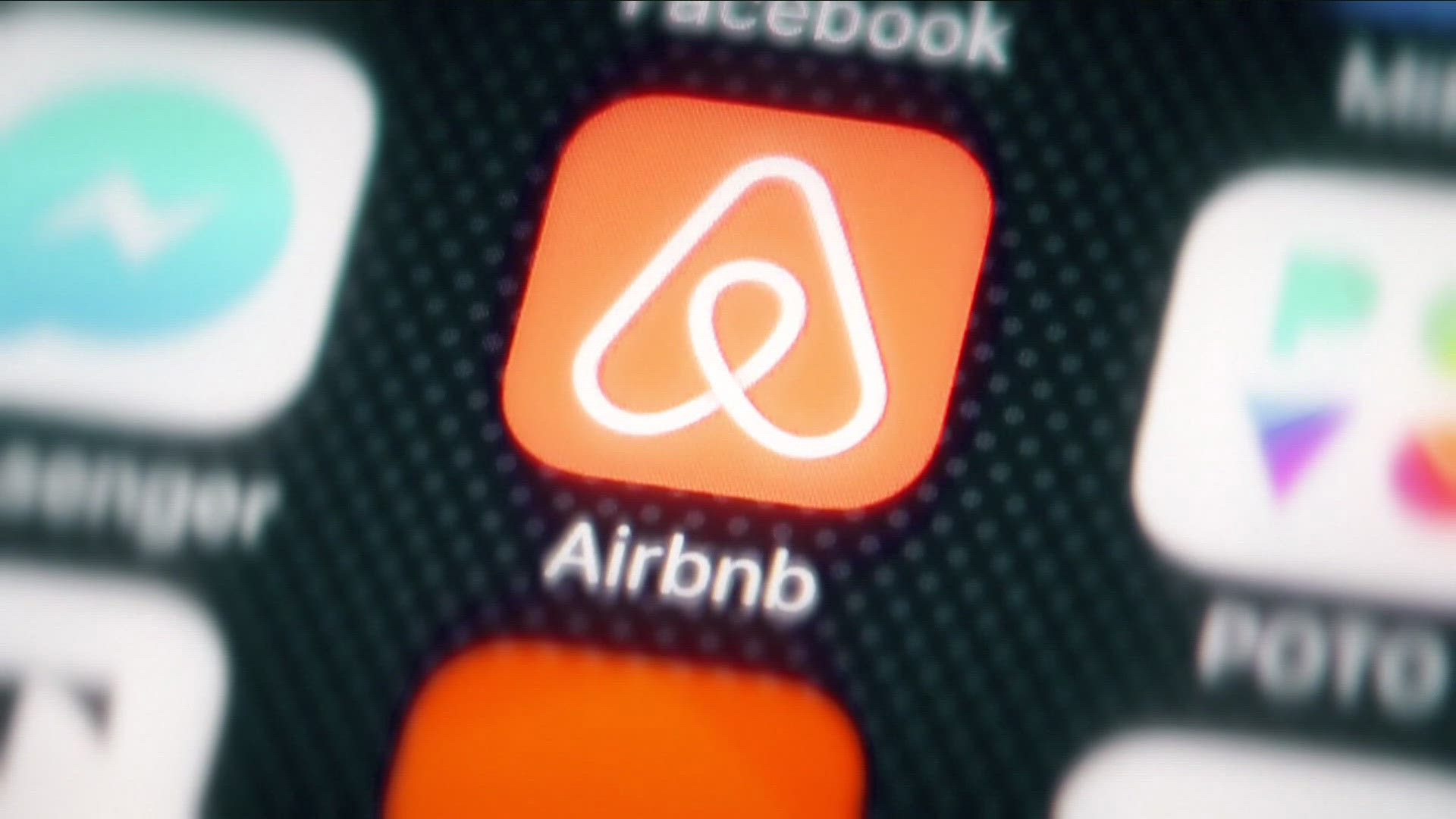ERIE COUNTY, N.Y. — Family, friends, and visitors who choose to stay at an Airbnb in Erie County have started seeing a new charge on their bill courtesy of a new local law.
This week, the short-term rental company announced that it had reached an agreement with the county to collect a newly implemented 3% occupancy tax that hotels and motel guests have been paying for years.
Erie County joins 37 other municipalities across New York state that have such a law in place including Allegany, Cattaraugus, Chautauqua, Genesee, Livingston, Orleans, and Wyoming counties in Western New York.
The new tax and the agreement with the county went into effect on Aug. 1 according to Airbnb.
In a news release, Airbnb's Northeast Policy Lead Nathan Rotman said: “This agreement simplifies the tax process, making life easier for our hosts while simultaneously funding important community initiatives in Erie County. We are dedicated to fostering local economic growth and supporting our hosts through similar partnerships across New York State.”
After several months of debate, in December 2023, the Erie County Legislature passed the local law implementing the tax. It's taken since then to work out a deal according to Erie County Comptroller Kevin Hardwick.
"We were able to reach out to the folks at Airbnb, and they were able to collect the occupancy tax for us. The owners of the property won't even know it's being done. It is not a tax on them, it's a tax on the people who stay there," Hardwick said.
Guests will pay the tax when they check out through Airbnb's platform.
Hardwick added that the tax creates a fairer situation for local hotel guests who pay anywhere from 3% when staying at motels to 5% at larger hotels. The money raised from the occupancy tax is used to support local tourism efforts such as marketing and outreach managed by Erie County's tourism czar, Visit Buffalo Niagara.
"The major chains and the smaller hotels have been subsidizing in effect the visitors coming to stay at the Airbnbs so this makes them pay their fair share," said Hardwick, who emphasized once again the tax is not collected from Airbnb operators.
According to Hardwick, Erie County has collected around $13 million a year from the occupancy tax as applied to hotel guests.
He said while he doesn't know exactly how much the county will get from adding Airbnb and other short-term rental companies, he expects it "to be quite a bit."
Agreements with other short-term rental companies such as VRBO and FlipKey still have to be worked out.

